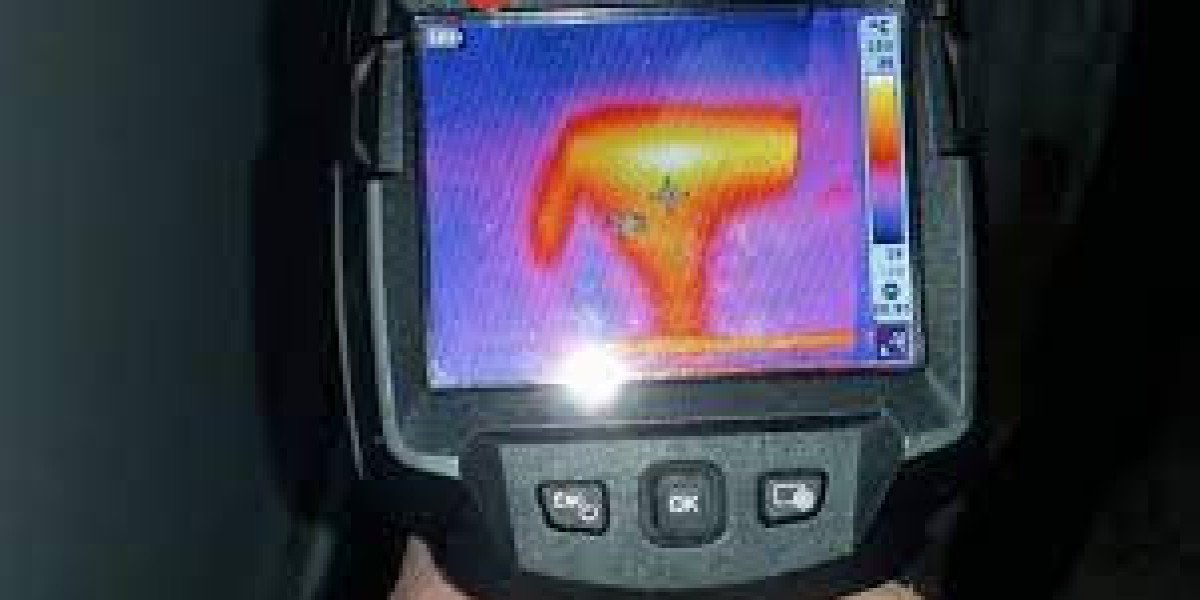Unlocking the Hidden Dangers of Bluetooth Hearing Aids: Could They Be Making You Dizzy?
Bluetooth hearing aids have transformed the way individuals with hearing loss engage with the world. With their wireless capabilities, users can connect to their smartphones, televisions, and other devices seamlessly, enhancing their auditory experience. The convenience and advanced features have made them increasingly popular among users of all ages. However, as with any technology, there are potential side effects worth exploring. One of the most concerning questions that has emerged is whether these devices can cause vertigo. This article aims to delve deeper into this issue, examining the possible side effects of Bluetooth hearing aids, particularly focusing on the relationship between these devices and feelings of dizziness or vertigo.

Understanding Bluetooth Hearing Aids
Bluetooth hearing aids are sophisticated devices that utilize wireless technology to enhance sound quality and accessibility. Unlike traditional hearing aids, which may rely solely on amplifying sound, Bluetooth models offer users the ability to connect directly to various electronic devices. This technology allows for clearer phone calls, streaming music, and even direct connections to televisions and computers. Many models come equipped with features like noise cancellation, rechargeable batteries, and customizable settings, making them appealing to a wide range of users. Personal anecdotes from friends who have made the switch reveal a significant enhancement in their quality of life, with one friend even sharing how they could finally enjoy family movie nights without missing dialogue. However, as innovative as these devices are, it’s crucial to consider their potential impact on users’ health, particularly regarding dizziness or vertigo.
Possible Side Effects of Bluetooth Hearing Aids
While the benefits of Bluetooth hearing aids are numerous, users may also experience a range of side effects. Common complaints include discomfort in the ear, feedback noise, and occasional auditory issues such as distortion or muffling. Among these side effects, dizziness and vertigo are noteworthy concerns. Dizziness can stem from various factors, including incorrect fitting of the device or sensitivity to sound amplification. For instance, some users report feeling off-balance when they first start using their hearing aids, a sensation that can be disconcerting. A friend recounted their experience of feeling dizzy for the first few weeks of use, which led them to question whether the hearing aids were the cause. This highlights the importance of monitoring one’s response to new technology and understanding how it may affect overall well-being. While many adapt to their devices over time, it is essential to remain aware of any persistent symptoms that may arise.
Investigating the Link Between Bluetooth Hearing Aids and Vertigo
The question of whether Bluetooth hearing aids can cause vertigo has sparked considerable debate among experts. Some researchers argue that there is no direct link between hearing aids and vertigo, attributing dizziness to factors such as earwax buildup or underlying medical conditions that may not be related to hearing devices. However, there are anecdotal accounts from users who have experienced vertigo after starting to use Bluetooth hearing aids. These individual stories suggest that while the devices may not universally cause dizziness, they could exacerbate pre-existing conditions in some individuals. Consulting with an audiologist or healthcare professional is crucial for those experiencing symptoms. Research continues to evolve in this area, emphasizing the need for personalized assessments when it comes to hearing aids and their impact on balance and dizziness.
Managing Vertigo Symptoms Related to Hearing Aids
If users find themselves experiencing dizziness or vertigo after using Bluetooth hearing aids, there are several strategies they can employ to manage these symptoms. First and foremost, consulting with a healthcare provider is essential, as they can provide tailored advice and check for any underlying issues. Adjusting the fit of the hearing aids can also help; a professional can ensure that the devices are appropriately placed in the ear, which may alleviate discomfort and balance issues. Additionally, gradually increasing wear time can allow users to adapt to the sensation of wearing the aids, potentially minimizing dizziness. Lastly, staying hydrated and practicing balance exercises may help mitigate symptoms. Personal stories from friends indicate that having a support system and sharing experiences with others can also be beneficial in navigating the challenges associated with hearing aids.
Key Takeaways on Bluetooth Hearing Aids and Dizziness
In summary, Bluetooth hearing aids offer significant advancements in technology that can enhance the hearing experience for many individuals. However, it is essential to remain aware of the potential side effects, including dizziness and vertigo. While research does not definitively link these devices to vertigo, user reports and experiences suggest that some individuals may be more susceptible to these symptoms. If you or someone you know is experiencing vertigo after starting to use Bluetooth hearing aids, consulting a healthcare professional is crucial. Ultimately, being informed and proactive about your health can help ensure that you enjoy the benefits of these devices while minimizing any adverse effects.







